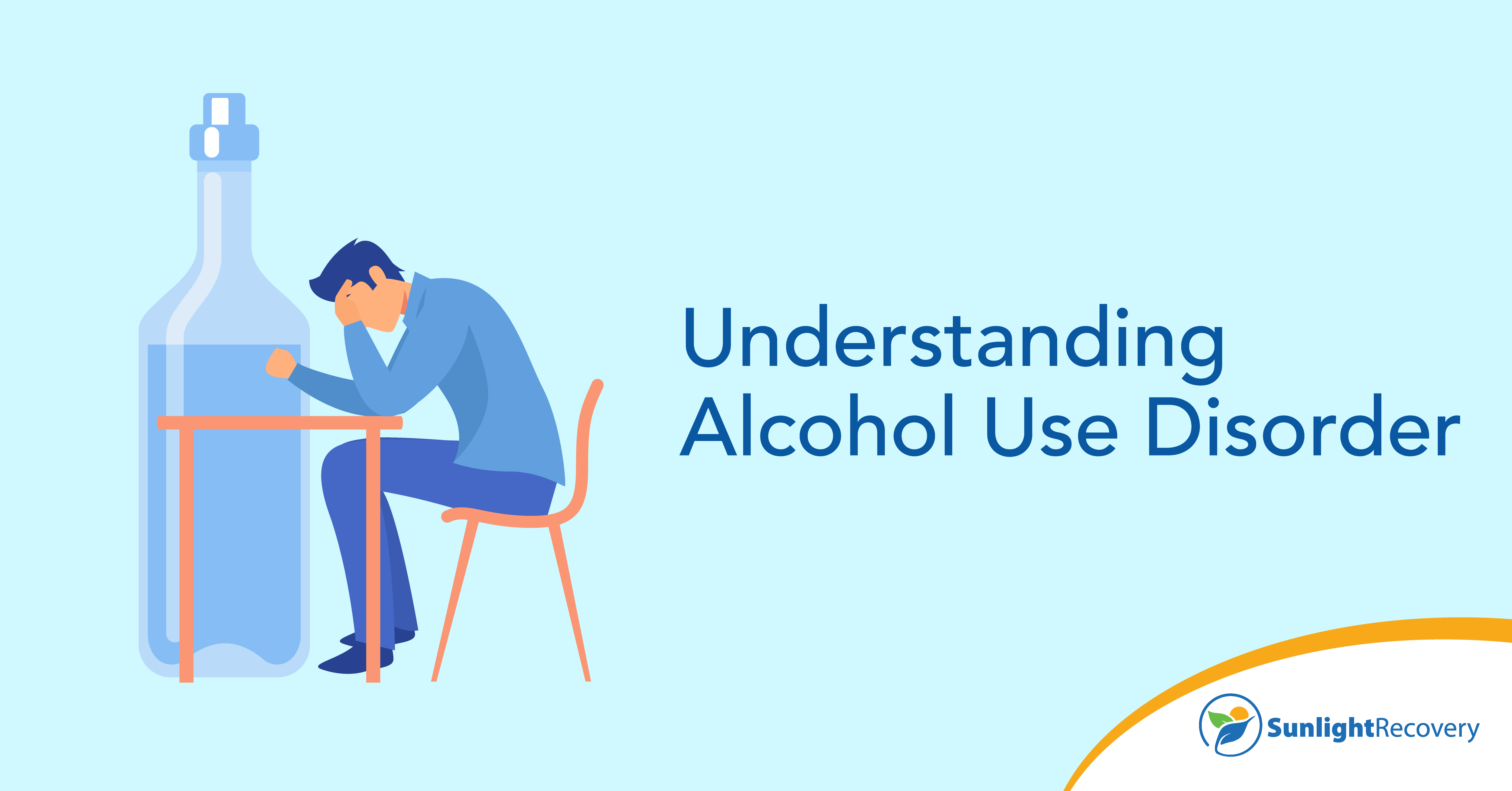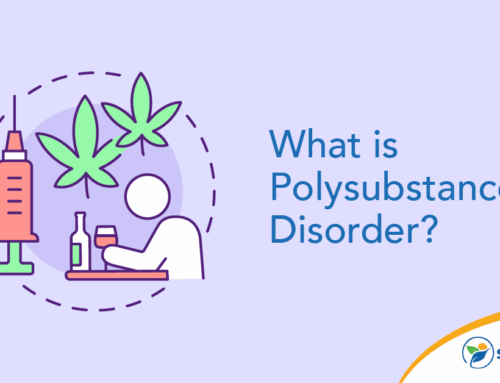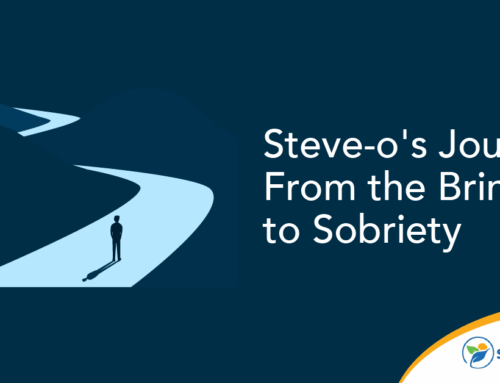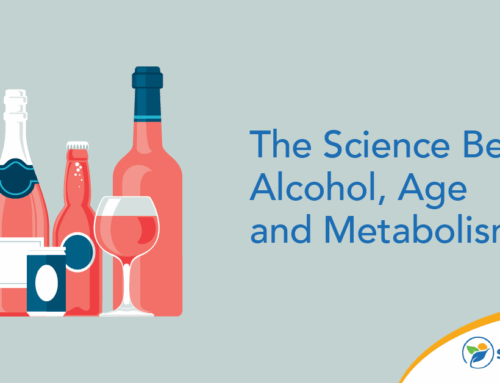Are you concerned your drinking is becoming excessive or unhealthy? If you’re worried about your drinking habits or witnessing concerning alcohol consumption in a loved one, you’re not alone. According to the National Institute on Alcohol Abuse and Alcoholism (NIAAA), nearly 28 million people in the United States met the criteria for alcohol use disorder (AUD) in 2024.
Below, we discuss alcohol use vs. alcohol dependence, the difference between AUD and alcoholism and when it might be time to seek professional help at a treatment center like Sunlight Recovery.
Alcohol Abuse, Alcoholism and Alcohol Use Disorder: What Are the Differences?
Although the terms alcohol abuse, alcoholism and AUD are often used interchangeably, there are distinct differences. Individuals with an addiction depend on alcohol to function in their daily lives. In contrast, those who abuse alcohol may not drink daily but could still develop unhealthy habits related to alcohol consumption.
What Is Alcohol Abuse?
Alcohol abuse occurs when alcohol consumption results in repeated adverse consequences. Essentially, any time drinking alcohol negatively impacts a person’s life, it becomes a problem requiring attention.
Abusive alcohol consumption can include binge drinking (consuming five or more drinks within 2 hours for men or four or more drinks within 2 hours for women) or excessive drinking resulting in bad behavior and reckless decision-making. People who abuse alcohol may find themselves frequently in legal trouble, having relationship problems or unable to secure regular employment.
The Centers for Disease Control and Prevention (CDC) recommends consuming no more than two drinks per day for men and one drink per day for women to avoid the risk of harm and chronic disease development. Exceeding these guidelines consistently can be considered alcohol abuse.
Is Alcohol Abuse the Same as Alcohol Dependence?
Although many people believe alcohol abuse and alcohol dependence are the same, these terms refer to two separate issues. People abusing alcohol may have unhealthy habits when they’re drinking (such as bingeing), but this doesn’t mean they’re physically dependent on alcohol and require it daily. In fact, according to the CDC, most people who consume too much alcohol aren’t alcoholics or alcohol-dependent.
People with alcohol dependence experience physical symptoms when they don’t consume the substance. Alcohol dependence is defined as a chronic medical condition in which an individual has a craving for or continues engaging in drinking even though they can’t control their consumption.
Alcohol Abuse by the Numbers
Alcohol consumption is common in the United States, but not everyone who drinks goes on to develop unhealthy alcohol use habits. Here are some additional relevant statistics from the NIAAA and CDC:
- 78.2% of Americans have consumed alcohol at some point in their lives.
- When surveyed, 20.1% of Americans report having engaged in binge drinking in the previous month.
- 10% of the population is dealing with AUD.
- There are more than 4 million alcohol-related emergency department visits per year.
- In 2024, there were 178,307 alcohol-related deaths.
- According to the CDC, deaths due to alcoholic liver disease occur at a rate of 8.5 per 100,000 in population.
What Is Alcoholism?
Alcoholism refers to a mental and physical dependence on drinking alcohol. This term isn’t used medically; rather, it’s a casual reference to a disease in which the individual requires alcohol to function on a daily basis without experiencing withdrawal symptoms. The symptoms of alcoholism may include:
- Increased tolerance levels
- Withdrawal, or feeling ill without alcohol consumption within a certain timeframe
- Cravings
While most people who abuse alcohol don’t fit the criteria for alcohol addiction according to the CDC, it’s still a serious concern in the United States.
What Is Alcohol Use Disorder?
According to the NIAAA, AUD is a medical condition in which the individual can’t stop or control their alcohol consumption, even when they face significant health, social and economic consequences.
The Diagnostic and Statistical Manual of Mental Disorders, Fifth Edition (DSM-5), defines AUD as a problematic pattern of alcohol use leading to clinically significant impairment or distress. An AUD diagnosis requires the presence of at least two of the following signs in a 12-month period:
- Regularly consuming more alcohol than intended
- Frequently trying and failing to cut down or limit alcohol use
- Spending a lot of time obtaining alcohol, drinking it or recovering from excessive drinking
- Experiencing strong, persistent alcohol cravings
- Becoming incapable of fulfilling home, family, school or work responsibilities due to alcohol use
- Continuing excessive alcohol use despite negative social consequences
- Giving up favorite hobbies and activities to drink alcohol instead
- Drinking during inappropriate/dangerous situations (such as driving or swimming)
- Continuing to drink despite blacking out or experiencing negative effects such as depression or anxiety
- Developing an increased tolerance for alcohol
- Experiencing withdrawal symptoms when the effect of alcohol wears off
Developing any number of the above symptoms is concerning and may indicate treatment for alcohol use or abuse is necessary. The NIAAA assesses the degree of AUD a person is experiencing based on how many symptoms they exhibit:
- Mild. Two to three symptoms
- Moderate. Four to five symptoms
- Severe. More than six symptoms
Causes and Risk Factors for Alcohol Abuse
The key difference between drinking and alcoholism is whether the drinking is having a negative impact on the person’s health, life and relationships. An individual may be predisposed to unhealthy patterns of alcohol use if any of these risk factors are present:
- Starting drinking at a young age
- A family history of alcoholism
- Depression or other mental health challenges
- A history of emotional trauma
- A social circle in which heavy alcohol use is common
Regular drinking over an extended period is thought to alter the way the brain responds to alcohol, which could lead to a person consuming more in an attempt to “feel the buzz” they’ve become accustomed to experiencing when drinking.
Not everyone who drinks is at risk of alcoholism. However, being aware of potential risk factors can help you understand and recognize them.
How to Evaluate When Drinking Is a Problem
While the above metrics provided by the NIAAA can be used to measure the degree of abuse taking place, any amount of excessive alcohol consumption is a problem. However, while abusers may be able to choose to cut back, people with AUD require professional treatment to get and stay sober.
Common warning signs indicating you or someone you love has AUD include:
- Feeling a desire to cut back on alcohol but being unable to do so
- Overreacting to criticism of your drinking habits
- Lying about your drinking habits
- Getting into financial trouble as a result of purchasing alcohol excessively
If you or someone in your life exhibits any of these symptoms, it’s time to seek professional help. Long-term alcohol abuse and alcohol dependency can increase the risk of several health problems, including some types of cancer and liver disease.
Start the Journey to Recovery
At Sunlight Recovery, our compassionate counselors are on hand 24-7 to take your initial call and discuss the available treatment options. We offer inpatient detox programs with medical support to assist in the withdrawal process. We also offer outpatient programs to support alcohol recovery, including cognitive behavioral therapy, group therapy and others.
Contact us today to start on your path to recovery and find a better quality of life through our treatment programs.
Frequently Asked Questions
- What’s the Difference Between Heavy Alcohol Use vs. Alcohol Dependence?
Heavy drinking can be bad for your health, but it isn’t the same as being dependent on alcohol. Alcoholism involves sustained heavy drinking to the point of physical addiction to the substance. - What Are Some Signs of Alcoholism?
Signs of alcoholism include being unable to limit your consumption, drinking so much it hampers day-to-day activities and experiencing withdrawal symptoms if you try to stop consuming alcohol. These signs suggest a severe issue with alcohol use. - Can Alcoholics Ever Drink in Moderation?
Alcohol addiction causes changes in brain function. These changes make consuming even a small amount of alcohol a significant risk for an alcoholic in recovery. Most experts suggest lifelong sobriety as the best path for those recovering from alcohol abuse.







